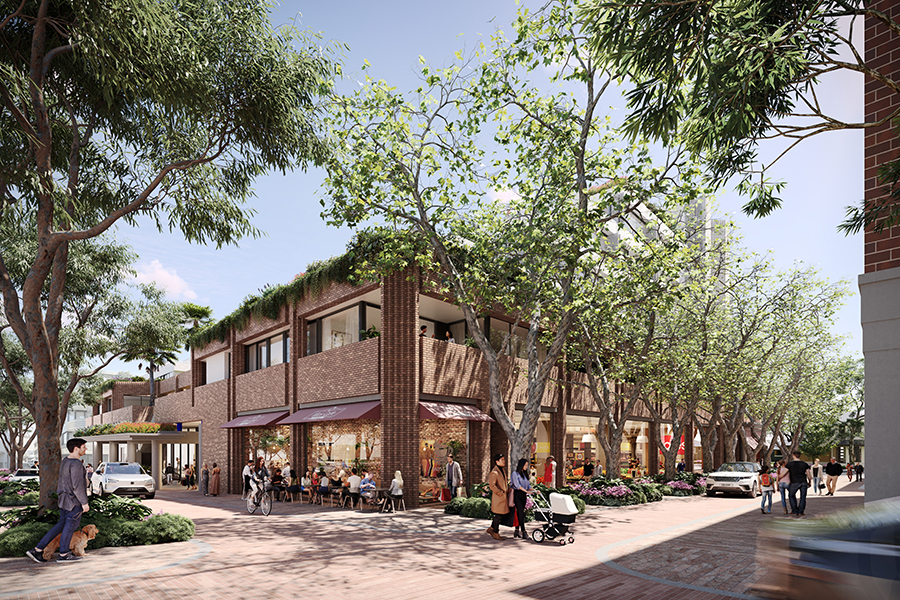Retail is being challenged on a number of fronts – the latest two being bushfires and the coronavirus. The NRA has released its proposals…
Australian retail is currently confronting an unprecedented set of challenges. The full impact from the recent outbreak of the coronavirus is yet to be felt and it follows a summer of devastating drought and bushfires, as well as a flat economy more generally. These difficult times warrant a comprehensive response from governments at all levels to overturn the current tide and get retail back off the canvas.
That’s why the NRA has released A Blueprint for Retail Recovery, which outlines five proposals we would like to see respective state and federal governments undertake:
1. 12-month payroll tax ‘holiday’;
2. Annual Wage Review exemption for bushfire and coronavirus affected communities;
3. Funding for financial education assistance;
4. Instant asset write-off to be made permanent; and
5. Safe Retail Precincts program extended to regional areas.
Businesses that have been directly impacted by the devastating bushfires and the outbreak of the coronavirus should be exempt from any changes emanating from the Annual Wage Review.
Many retailers in regional Australia have suffered immensely following the summer blazes while coronavirus has seen retailers exposed to the panic from the pandemic, reporting as much as a 60% decline in sales.
Meanwhile, we’re also calling on all state governments to provide a temporary 12-month payroll tax ‘holiday’ to provide immediate financial relief to relevant businesses, so that they can hire more staff and boost productivity.
Knowing how to actually run a business is something that many new and smaller operators find challenging, which is why we’re also urging the federal government to invest in a financial education assistance program. This initiative would both engage and teach new small business owners how to navigate the financial challenges of running a business and provide them with a higher possibility of success.
The instant asset write-off has been an overwhelming success, however, it remains a year-by-year proposition in the Federal Budget. By elevating the scheme to a permanent status, the government would be providing greater certainty to SMEs to plan asset investments over the long term.
The Safe Retail Precincts program, run by the NRA in conjunction with the Federal Government, has been highly successful in metropolitan areas in safeguarding shopping centres from threats such as crime and severe weather events. Extending the program to regional areas will assist in making a retail business in those communities more attractive, safer and affordable.
None of the above are silver bullets, but we do consider them proposals that would be both effective and practical to implement. Retail needs law-makers to be proactive so that we can overturn the current tide and we look forward to engaging with them on our proposals.





















